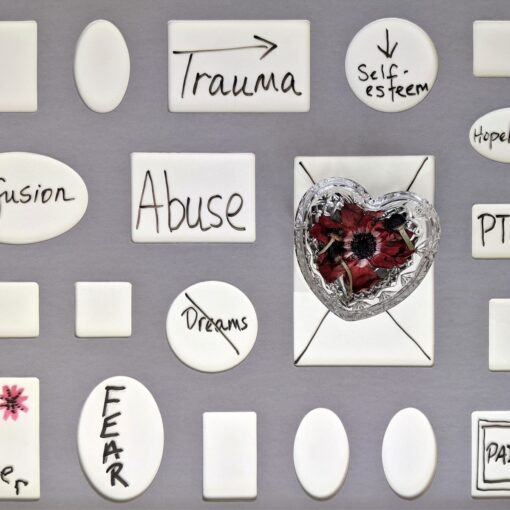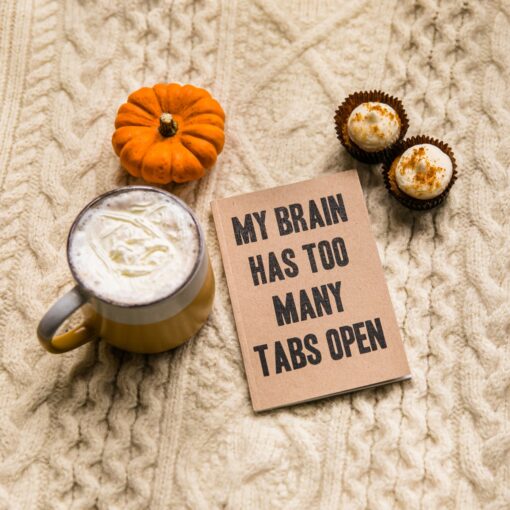Short-term memory loss is a common problem and one that most people experience at some point in their lifetime. Like so many other health problems, the culprits of short-term memory loss can vary from person to person. Some people may have underlying mental health complications, chronic illnesses, or an unhealthy lifestyle that may be contributing to their memory. For others, it can be as simple as the passing of time, and forgetting can be seen as a natural part of life.
Key Concepts and Top Takeaways
– Stay organized: use lists and calendars to track tasks.
– Prioritize sleep: aim for 7-9 hours of quality rest each night.
– Manage stress through mindfulness or relaxation techniques.
– Maintain a healthy diet rich in fruits, vegetables, and omega-3s.
– Engage in regular physical exercise to boost brain health.
– Limit alcohol consumption to reduce cognitive impairment risk.
– Avoid multitasking; focus on one task at a time for better retention.
– Challenge your brain with puzzles or learning new skills regularly.
– Stay socially active to enhance mental engagement and memory.
– Consult a healthcare professional if memory issues persist or worsen.

Please Note: This post may contain affiliate links. If you click one of them, we may receive a commission at no extra cost to you. As an Amazon Associate, I earn from qualifying purchases.
Short-term memory loss is a very common occurrence that usually does not indicate an underlying medical problem. Experts estimate that up to two-thirds of people over the age of 60 experience some form of short-term memory loss, and many people in their 30s and 40s may also experience this. Short-term memory is the part that stores information from just a few seconds ago, which makes it different from long-term memory, which holds information for longer periods of time.
Though the memory loss may only be temporary, it can be frightening to experience. The human brain is an unpredictable thing and there are many things that can affect the way it works. There are several causes of short-term memory loss, and some include: hormones, stress, diet, medical conditions, and brain injury.
How To Stop And Reverse Age-Related Memory Loss
There are many ways to stop and reverse age-related memory loss. Memory loss is a natural part of aging, but there are things you can do to prevent it from getting worse as you get older. You can take a daily vitamin with B12, DHA omega-3 fatty acids, or other supplements that may help improve brain health. You can exercise your brain by doing crossword puzzles, reading books, and playing games like bingo.

Memory loss is a natural part of aging, but there are ways to slow down the process. In a recent article from Brain Fit, author Shawna Kaminski talks about some ways to stop and reverse age-related memory loss.
It's hard to believe, but it's true. Memory loss is inevitable as we age. One of the most common signs of memory loss is a decline in short-term memory, which is usually what people use for activities such as completing a task or putting things away. The good news is that there are plenty of ways to keep your memory sharp and reverse age-related memory loss!
Simple Strategies To Help You With Your Memory
Every day, your brain receives a stream of information; filing it away in your mind for later recall. Even if you have a terrific memory and are never forgetful, you can help your memory by following a few simple strategies. In this article, we'll go over a few things you can do to ensure that your memories last!
Many people are not aware of the importance of how they behave and the effects that their behavior can have on their memory. Research has shown that people who are very stressed, depressed or frustrated can experience a decline in cognitive functioning and increased forgetfulness. The good news is, there are simple strategies you can use to help with your stress level, mood, and recall.
A human brain is a fascinating organ with unlimited potential. It can process data, store memories, and make decisions based on past experiences in a split second. Unfortunately, it’s not always functioning at its best.

Kevin Collier is a seasoned health writer at Otchut.com, specializing in over-the-counter medicines, common medical ailments, and general health topics. With a background in healthcare and a passion for making medical information accessible, Kevin aims to empower readers with knowledge to make informed health decisions. When he's not writing, he enjoys researching the latest in health trends and advocating for wellness in his community.





